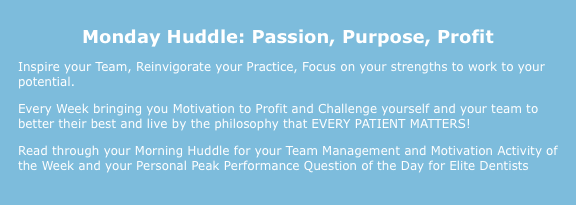Awareness is a common theme around here. It’s a word I like to use often because it is so powerful for your life in and out of the practice. There are two reasons why being aware has magical powers.
First, because it helps you recognize and process what is actually going on. If applied properly, you can act with foresight in any situation.
Second, because so many other people are and will remain completely oblivious to reality, their environment and anything going on around them. Most people are stuck inside their own heads and lives; not really engaging with others on a conscious level at any point throughout a day.
This has been made far worse by the obsession with cell phones and social media providing a near 24-7 distraction. Most people just aren’t present enough in anything to really be of much use beyond taking up space because their mind is elsewhere.
Now, you have a real challenge. In order for you to be successful, it’s about more than just you being ‘aware.’ You have to worry about everyone else around you, doctor and team alike. Any one person can derail progress by not paying attention to what’s going on, what they are doing, what happened before, what happens next and what’s happening in all areas of the practice.
Very often in practices the biggest challenge is everyone becomes compartmentalized doing ‘their things,’ ‘seeing their patients,’ and forgets that it’s all interwoven. Realize this affects both the patient experience as a continuum of every person they come in contact with and also all the communication that happens (or doesn’t happen) between everyone in your practice. It all has to be seamless and connected or there are things missed, inefficiencies created and mistakes made.
Aside from all of you, there is one other really big challenge and maybe the biggest of them all – the patient’s awareness.
Not just of the reality of the patient’s mouth and the overall state of health but even the actual focus on what’s being done and discussed while the patient is there for the visit.
If patients don’t notice the nuances of your experience, they won’t appreciate or value it.
In business we say “the confused mind never buys.” Let me give you another one for the modern days of busyness, social media and news – oblivious patients don’t value or comprehend what’s happening and therefore won’t accept treatment because they really weren’t ‘there’ for their visit.
Now, this is your responsibility, not the patients. You have to facilitate engagement and make it interactive to combat this.
Anyhow, before we get into details and go over strategy to improve both yours and your patients’ awareness, let’s just define what it is and give you some time to talk about it.
Awareness is best served by it’s synonyms which you can look up but in general it means to have knowledge and perception of a situation and to have consciousness of what’s going on. We could talk about ‘aware’ from a stand point of protection and danger which is just a difference of environment.
Obviously, I’m talking about you being aware of yourself, of others, and of patients. Most importantly, this means being aware of what you do and how your actions help or hinder everything else that is supposed to happen in the context of your responsibilities and success with patients.
First, let’s just start with you. There are two ends to the spectrum, one is oblivious and distracted, and the other is conscious and aware which allows you to act with intention and to be deliberate with what you do. Ultimately, you are one very important and valuable piece, part, person inside of something bigger than just you. Your awareness helps to keep perspective and makes you even more valuable to everyone around you and to yourself.
How, when, and where can you think and act with more awareness? What can you learn from paying closer attention to be better for yourself, your team and your patients.
We will stay right here on this critically important topic that will increase your ability to create incredible magic for your life as a whole, not just dentistry, for the next few weeks.
It would be helpful to grade yourself each day, on a scale from one to ten, to evaluate just how aware, present, focused and attentive you were to your responsibilities, your team members and of course your patients. What you do requires a great deal of commitment and dedication. You need discipline to combat the wandering mind that comes as result of society today.
This is a common central characteristic of people who are happy – they live, work, interact, and play aware.



